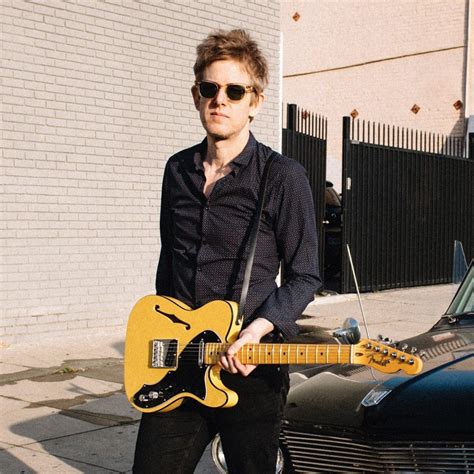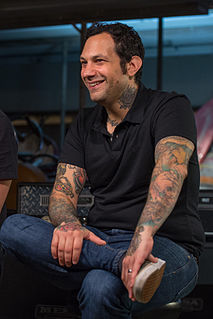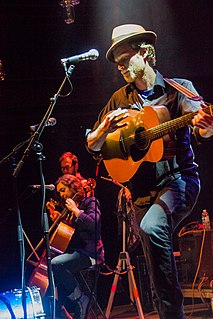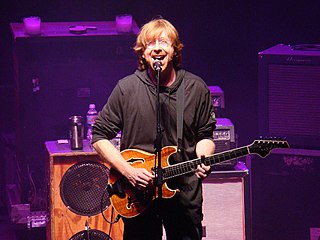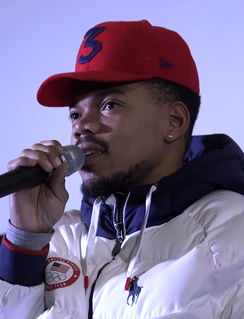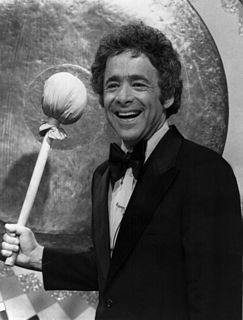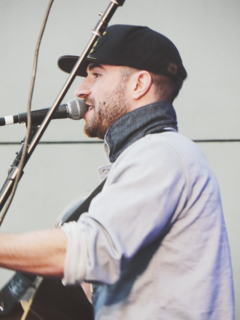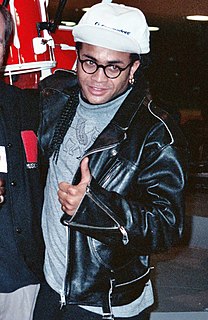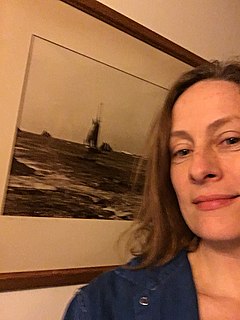A Quote by John Britt Daniel
The idea that somebody out there is that eager to hear my music in advance can only be a good thing. But growing up, I always liked that system where "release day" was a big thing, and for bands I really liked, I'd know that date. It'd be on my calendar, and I'd go to the record store that day. Sitting down and listening to the record for the first time was a real event. I wish it was still that way, but that's not the way the world works any more.
Quote Topics
Advance
Always
Any
Bands
Big
Big Thing
Calendar
Date
Day
Down
Down And
Eager
Event
First
First Time
Go
Good
Good Thing
Growing
Growing Up
Hear
Idea
Know
Liked
Listening
More
Music
Only
Out
Real
Really
Record
Record Store
Release
Sitting
Sitting Down
Somebody
Still
Store
System
Thing
Time
Up
Way
Wish
Works
World
Related Quotes
I think record stores play a huge part in discovering new music. When I was growing up I would spend hours going through all the bins looking for something new that seemed interesting to me and that could relate to what I was listening to at the time. This is why I want to support National Record Store Day.
It's a pretty great thing to have a record that at the end of the day you're not totally sick of and you're actually proud of. We're pretty lucky, because a lot of bands come out with their first record on a label and they're forced to make decisions they might not stand behind because someone's telling them it's a good idea. We didn't have to do that. I think that's one of the things I'm most thankful for.
Music is a spiritual expression of what's in your heart. Music as a way of getting rich is a pretty new thing, and I often wonder if the mega-bucks glitzy atmosphere is making the quality of music suffer. You have to work really hard to get around that and remember why you're in it in the first place: because you have to be. It's like an addiction. You can't go a day without picking up your guitar. To me, the only commercial goals that are really valid are, 'Boy, I wish I didn't have to go to work. I wish I could do this all the time.'
I went out and started on my way up in television. I wrote music, I wrote books, I played an instrument half-ass. I would always have liked to play in a band. I would always have liked to be a substantial writer, to write country music for big singers. I had all sorts of proclivities, but I never had any big success.
They have removed the struggle to find anything. And therefore there is no genuine sense of discovery. Struggle is the first thing we know getting along the birth canal, out in the world. It's pretty basic. Book store owners and record store owners used to be oracles, in that way; you'd go in this dusty old place and they might point you toward something that would change your life. All that's gone.
